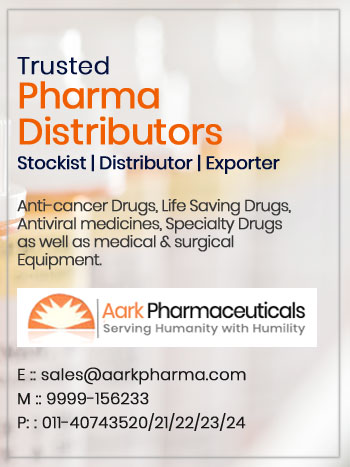Medications for leukemia, a type of blood cancer that affects the bone marrow and blood cells, vary depending on factors such as the type of leukemia, its subtype, the patient’s age, overall health, and other individual considerations. Here are some common medications used in the treatment of leukemia:
Chemotherapy: Chemotherapy drugs are often the mainstay of treatment for leukemia. These medications work by killing cancer cells or slowing their growth. Chemotherapy regimens for leukemia may involve a combination of different drugs, including:
- Cytarabine (cytosine arabinoside)
- Daunorubicin
- Idarubicin
- Mitoxantrone
- Vincristine
- Methotrexate
- Fludarabine
- Busulfan
- Hydroxyurea
Targeted Therapy: Targeted therapy drugs specifically target certain molecules or pathways involved in the growth and survival of leukemia cells. These medications can be more precise in their action compared to traditional chemotherapy, potentially leading to fewer side effects. Examples of targeted therapy drugs used in leukemia treatment include:
- Imatinib (Gleevec) for chronic myeloid leukemia (CML)
- Dasatinib (Sprycel) for CML and acute lymphoblastic leukemia (ALL)
- Ponatinib (Iclusig) for CML
- Venetoclax (Venclexta) for chronic lymphocytic leukemia (CLL)
Immunotherapy: Immunotherapy drugs harness the body’s immune system to fight cancer cells. These medications can enhance the immune response against leukemia cells or remove the brakes that prevent the immune system from attacking cancer. Examples of immunotherapy drugs used in leukemia treatment include:
- Blinatumomab (Blincyto) for ALL
- Alemtuzumab (Campath) for CLL
- Chimeric antigen receptor (CAR) T-cell therapy, such as tisagenlecleucel (Kymriah) and axicabtagene ciloleucel (Yescarta), for certain types of leukemia
Hormone Therapy: Hormone therapy may be used to treat certain types of leukemia that are hormone-sensitive, such as acute myeloid leukemia (AML). These medications interfere with hormone receptors on cancer cells or reduce the body’s production of hormones that stimulate cancer growth.
Stem Cell Transplantation: Stem cell transplantation, also known as bone marrow transplantation, involves replacing diseased or damaged bone marrow with healthy stem cells. This procedure may be considered for eligible patients with leukemia, especially those who have high-risk or relapsed disease.
Supportive Medications: In addition to medications directly targeting leukemia cells, patients may receive supportive medications to manage symptoms, prevent infections, alleviate side effects of treatment, and improve overall well-being. These may include antibiotics, anti-nausea drugs, pain relievers, growth factors to stimulate blood cell production, and others.
Treatment for leukemia is often personalized based on the individual characteristics of the patient and the specific subtype of leukemia. It’s essential for patients to discuss their treatment options thoroughly with their healthcare team to make informed decisions about their care.

